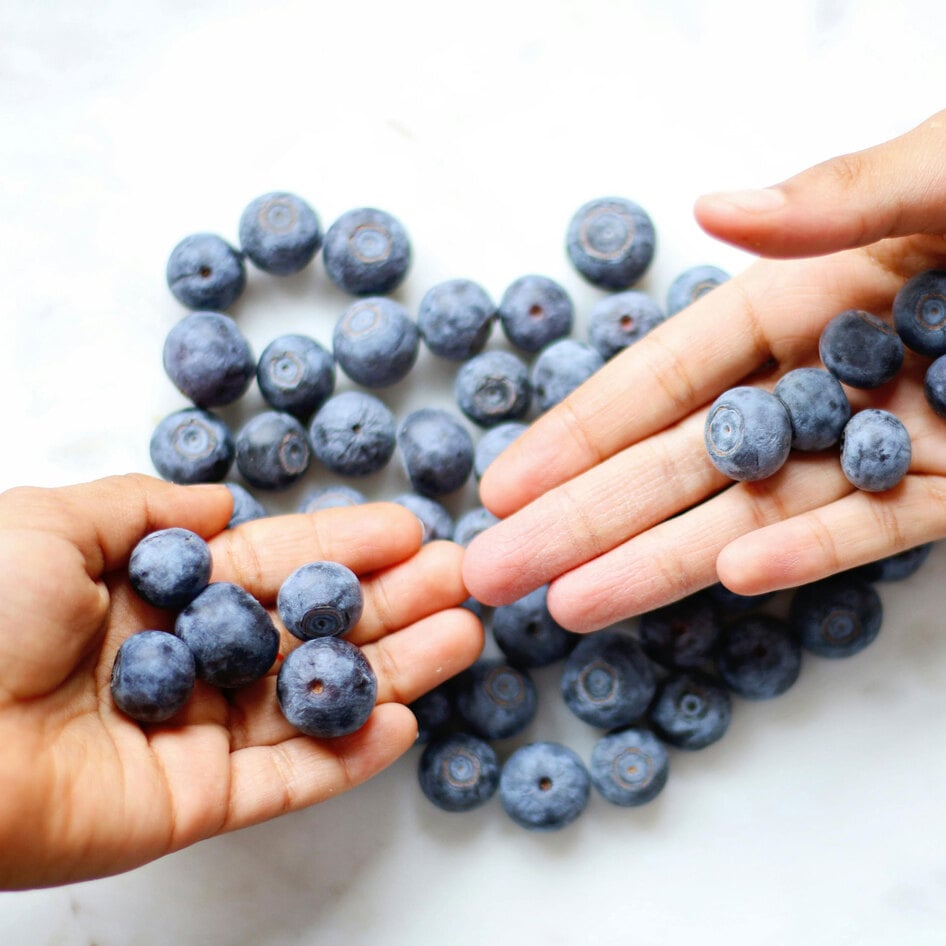Many people turn to artificial sweeteners like sucralose to help manage their weight or reduce sugar intake. But new research out of USC suggests this popular zero-calorie substitute could actually do the opposite—by making you feel hungrier.
In a recent study published in Nature Metabolism, researchers found that drinking sucralose lit up the part of the brain responsible for controlling hunger even more than regular sugar. That region, called the hypothalamus, plays a key role in appetite and body weight regulation. The effect was especially strong in women and people with obesity.
“Consuming sucralose, a common calorie-free sugar substitute, activates the hypothalamus, a part of the brain that helps regulate appetite and body weight, more than regular sugar does,” the study found.
It also affected how this part of the brain connected with other areas that control motivation and sensory input—essentially how much you want and crave certain foods.
Your body knows when calories are missing
According to lead researcher Kathleen Alanna Page, MD, the problem is that sucralose tastes sweet but doesn’t provide any energy. That disconnect confuses the brain, which is expecting a calorie boost but doesn’t get one.
“If your body is expecting a calorie because of the sweetness, but doesn’t get the calorie it’s expecting, that could change the way the brain is primed to crave those substances over time,” said Page.
 Getty
Getty
Unlike sugar, sucralose didn’t prompt the body to release hormones like insulin and GLP-1, which help signal to the brain that you’ve eaten and should feel full. “The body uses these hormones to tell the brain you’ve consumed calories, in order to decrease hunger,” Page said. “Sucralose did not have that effect—and the differences in hormone responses to sucralose compared to sugar were even more pronounced in participants with obesity.”
The study also found that women were more affected than men, showing more significant changes in brain activity. Page and her team are now studying how artificial sweeteners might impact kids and teens, who tend to consume more of them than any other age group. “Are these substances leading to changes in the developing brains of children who are at risk for obesity? The brain is vulnerable during this time, so it could be a critical opportunity to intervene,” she said.
A brain-friendly diet that actually helps
While artificial sweeteners like sucralose may not be helping as much as we think, other food choices are showing real promise for long-term brain health. In Northern Ireland, a new study looked at how the MIND diet—which combines parts of the Mediterranean and DASH diets—can help improve mood, nutrition, and even quality of life during midlife.
 Unsplash
Unsplash
The MIND diet emphasizes foods that support brain function: leafy greens, berries, nuts, whole grains, and olive oil, while limiting red meat, processed foods, and sugar. The goal is to protect the brain as you age, potentially lowering the risk of dementia and cognitive decline.
Researchers followed 41 adults between the ages of 40 and 55 over a 12-week period. Some received simple guidance on following the MIND diet, while others also had access to digital support like educational content, weekly reminders, and peer forums. A third group followed general healthy eating tips as a control.
Eating better, feeling better
At the end of the study, both MIND diet groups had made noticeable improvements in what they ate. They cut back on sugar, refined carbs, and saturated fats, while increasing their intake of fiber, vitamin-rich vegetables, and brain-friendly nutrients like iron, B vitamins, and vitamin C.
People following the MIND diet also reported better moods. “In assessing mood, the intervention groups reported significant increases in positive affect post-intervention compared to the control groups,” researchers said.
They also saw boosts in physical well-being, suggesting that what they ate made them feel better overall—not just mentally, but physically.
Cognitive test scores didn’t shift dramatically in the short 12-week time frame, but researchers think longer studies are needed to fully understand the brain benefits. Still, participants showed small improvements in memory tasks across all groups, which might be due to practice or time.
Building habits that stick
One of the most encouraging findings from the MIND diet trial was that people didn’t just change their diets—they felt empowered to stick with it. Participants said they better understood how diet affects brain health and believed they had the skills and motivation to keep going. These responses were measured using a behavioral model called COM-B, which tracks how capable, motivated, and supported someone feels in making lifestyle changes.
BECOME A VEGNEWS VIP: Get exclusive product deals, freebies, and perks galore!

Interestingly, having more support—like reminders and group chats—didn’t lead to better results than simply having basic information and self-monitoring tools. Both groups did equally well in following the diet and improving how they felt.
That’s good news for anyone looking to make lasting changes. It suggests that adopting a brain-healthy diet doesn’t have to be complicated or tech-heavy. With simple guidelines and a little personal accountability, it’s possible to build new habits that support long-term well-being.
For more plant-based stories like this, read:
JUMP TO ... Latest News | Recipes | Guides | Health | Subscribe








